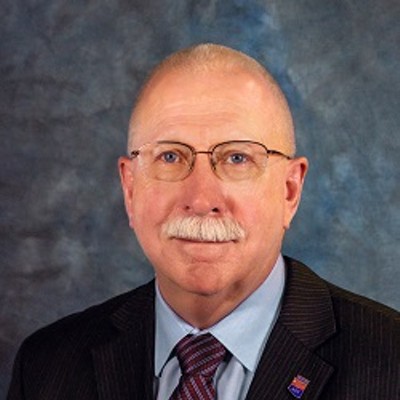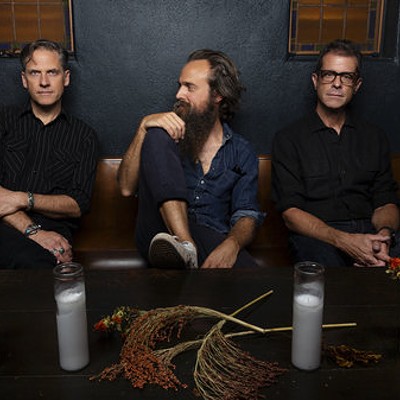Wednesday, April 25, 2012
CCA: We Don't "Support" Laws Like SB 1070
The Tucson Weekly received a recent correction request from Corrections Corporation of America, the private-prison company that's taken a lot of heat from prison-reform activists and private-prison industry critics, such as the American Friends Service Committee and dozens of immigrant rights organizations.
The correction request comes from Mike Machak, public affairs manager for the Nashville-based company that has six facilities in Arizona, and has a prison project in the works off Wilmot Road near the federal and state prison complexes southeast of Tucson.
In his request, Machak refers to a press release regarding a press conference we wrote about in an April 23 post on the Range ("Immigrant Rights Groups Wants DeConcini Out of CCA, Private Prison Industry.").
The correction request:
The column includes a portion of a press release which inaccurately states that the Corrections Corporation of America (CCA) supports laws like SB 1070. This is false and has its basis in a report by National Public Radio (NPR), which NPR subsequently corrected. It is CCA’s longstanding policy not to draft, lobby for or in any way promote crime, sentencing or detention legislation.The press release included in the column states directly and in error: “CCA stands to profit substantially from recent legislative attacks on migrant communities and supports laws like SB 1070."
The full correction from NPR can be found here: http://www.npr.org/2010/10/28/130833741/prison-economics-help-drive-ariz-immigration-law. It says, in part, “This story did not mean to suggest that the Corrections Corporation of America was the catalyst behind the law or that it took a corporate position in favor of the legislation.”
More directly to the error in your column, the NPR correction states, “…we didn't mean to suggest that CCA wrote the language.”
Machak is referring to an October 2010 report from National Public Radio that became the focus for many fighting the private-prison industry across the country and in Arizona. The NPR clarification—not a correction—was issued in February 2012.
The NPR report referred to an ALEC meeting that included CCA and Arizona reps:
As we reported, Arizona state Sen. Russell Pearce was the originator of the draft legislation that later became Arizona SB 1070. This story did not mean to suggest that the Corrections Corporation of America was the catalyst behind the law or that it took a corporate position in favor of the legislation.In our 2010 broadcast piece we said: "Last December Arizona Sen. Russell Pearce sat in a hotel conference room with representatives from the Corrections Corporation of America and several dozen others. Together they drafted model legislation that was introduced into the Arizona Legislature two months later, almost word for word."
Although CCA did have a representative at the ALEC meeting where model legislation similar to 1070 was drafted, we didn't mean to suggest that CCA wrote the language.
In our March 29 story, "Morals Before Profit," when we first talked to immigrant-rights organizers starting their campaign to pressure former U.S. Sen. Dennis DeConcini into resignung from the CCA board of directors, we noted the NPR report, as well as the clarification that the NPR piece "didn't mean to suggest that CCA wrote the legislation for SB1070."
While company reps say the private-prison company didn't sit down with former state Sen. Russell Pearce to draft the SB 1070 legislation, the company does benefit from the detention of the undocumented. The CCA has facilities that currently house undocumented immigrants in Arizona, and it has imprisoned the undocumented in other facilities around the country.
Alma Hernandez shared her story with us about her and her friend in our "Morals Before Profit" story. The two women were detained after a routine traffic stop the sent to the CCA Eloy facility, transferred to El Paso and then to Louisiana, before their families were able to post bail.
It is also true that being a private company, CCA and other private prison groups, don't have to adhere to public-records laws that public prison facilities are subjected to. If public image is important, transparency may be the next step, which we discussed in our story "No Disclosure," on a report issued by AFSC on problems with private-prison operations and a severe lack of transparency.
Tags: CCA , Corrections Corporation of American , Dennis DeConcini , private prison industry , American Friends Service Committee , NPR














